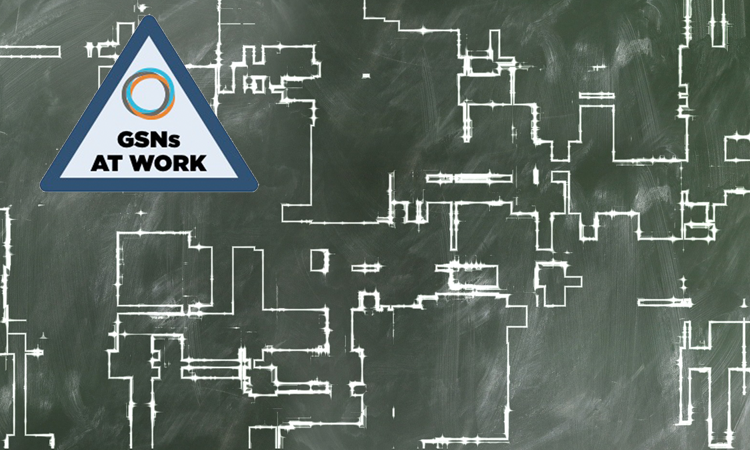Urban Sustainability Directors Network (USDN) has created a climate change preparedness training toolkit in collaboration with government and corporate partners that will enhance preparedness and sustainability for cities and regions around the world. The kit will accelerate progress in climate adaptation and preparation for climate impacts by transmitting knowledge and resources to incorporate preparedness and resilience into their cities’ planning, engineering, operations and maintenance activities.
The training focuses on climate-driven changes to coastal and riverine urban flood zones and the vulnerability of municipal infrastructure, services and supply chains. By amplifying awareness, knowledge and information is transmitted through teams and communities for planning and risk evaluation.
Two tracks in the toolkit facilitate group discussion and learning—evaluating climate hazards, climate vulnerability and risk assessments, and considering a range of appropriate adaptation measures—using real-world examples.
Many climate preparedness and adaptation tools have been developed and, while most state that equity and public participation are important, few address the root causes of disproportionate risk or detail specific equitable adaptation solutions or tactics for community-driven planning. Climate change will affect everyone but the effects will not be equal. As city and local governments plan for sustainability in the face of a changing climate, there is also opportunity to improve equitability. This community-centered planning process creates benefits for lower-income population, while increasing climate resilience and empowering them to make changes that will enhance their livelihoods.. Policies to tackle the root causes of persistent poverty, can also plan for climate impacts.
Different factors can contribute to climate vulnerability: outdoor work, or pre-existing health conditions present greater risk from heat anomalies; low income populations have fewer resources to repair damage in poor housing conditions; people may not have a personal network to call on in an emergency; immigrants may be hampered by language barriers for access to programs during or after an extreme weather event. Poor communities may be faced with multiple, overlapping factors that cumulatively impact their ability to adapt or respond to climate change.
Training materials were developed as a collaboration with advisory cities and respond to the United Nations Sustainable Development Goals (SDGs) which have been adopted by countries to end poverty, protect the planet and ensure prosperity for all.


